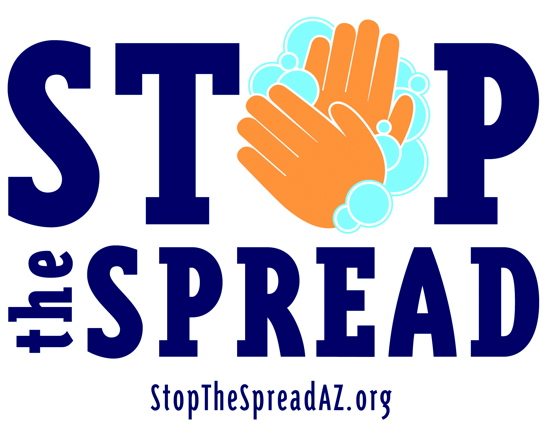The second wave of the influenza pandemic should be upon us in earnest soon. So far, the virus remains similar in severity to regular flu (although a disproportionate share of those seriously ill are children and young adults). However, it continues to mutate and there remain unknowns.
The one near certainty we have learned from history is that many more people than usual will contract this Novel H1N1, or Swine Flu, virus. We may be faced with at least one-quarter of us falling ill within the next few months.
The decisions you make as a business leader will impact your employees, your organization and your bottom line. I recognize that the actions of the Maricopa County Department of Public Health can affect your bottom line, as well. I can assure you that with every decision I make, whether it’s closing a school to disseminating our first few doses of vaccine, I am constantly balancing the health of our community with the economic repercussions of our actions.
We have been working for years to engage our business community in developing a continuity of operations plan for events such as this pandemic. If you have created such a plan, it’s time to take it out, brush it off and make any updates necessary. If you don’t have a plan, that’s OK. But it’s time to start thinking now about how this virus may affect your business.
Your role in this pandemic is to do your part in slowing the spread of this flu in your workplace, thus slowing its effect on your business. Consider these planning tips:
Policies for staying home when ill and for sending ill employees home
This really will make a difference in slowing the spread of disease. I realize that such absenteeism may be difficult to accommodate, especially during these tough economic times. But you should have less absenteeism in the long run if you keep sick people out of the workplace and away from your other employees.
Policies for parents
In addition, please accommodate your employees who are parents and must leave work to pick up their sick child from school, or who must stay home with a child who is ill or whose school has been closed. Our ability to slow the spread of this flu in the community hinges upon limiting spread in the schools.
Promoting good hygiene
We should all get in the habit, right now, of practicing good hygiene to protect ourselves and others by washing our hands, keeping our hands away from our faces, and covering our coughs and sneezes.
Promoting employee vaccinations
The vaccine for the Novel H1N1 should start arriving by late November. This vaccine has been developed in the same manner as our seasonal flu vaccine, and early indicators show it is a good match to protect us from this new strain of the flu.
 Because this vaccine is rolling out in small amounts at a time, we are providing it first to those who are having the most severe complications from the Novel H1N1 flu, and those who spread it most to others: pregnant women, health care workers, parents and family members of children under 6 months, children aged 6 months to 24 years and those aged 24 to 65 with chronic health conditions. Employees who fall into these high-risk categories should get vaccinated as soon as it becomes available.
Because this vaccine is rolling out in small amounts at a time, we are providing it first to those who are having the most severe complications from the Novel H1N1 flu, and those who spread it most to others: pregnant women, health care workers, parents and family members of children under 6 months, children aged 6 months to 24 years and those aged 24 to 65 with chronic health conditions. Employees who fall into these high-risk categories should get vaccinated as soon as it becomes available.
As we enter November, we should also be receiving additional seasonal vaccines. Encourage employees to get themselves and their families vaccinated. The more people who are immunized, the better chance we have of keeping the virus from jumping from person-to-person-to-person. There also is good data to show that bringing a vaccine provider into the workplace can be very cost effective for many businesses. If your employees do not have access to the vaccine through their health care provider, log onto www.fluaz.org for vaccine locations.
This event is changing rapidly. You can stay informed, as well as access tools needed to educate your employees, at www.StoptheSpreadAZ.org (click on Maricopa County). Please do your part in stopping the spread.




